Scientists created an “evapolectrics” generator that draws power directly from water evaporation, offering a sustainable, battery-free energy source from humidity.


Scientists created an “evapolectrics” generator that draws power directly from water evaporation, offering a sustainable, battery-free energy source from humidity.
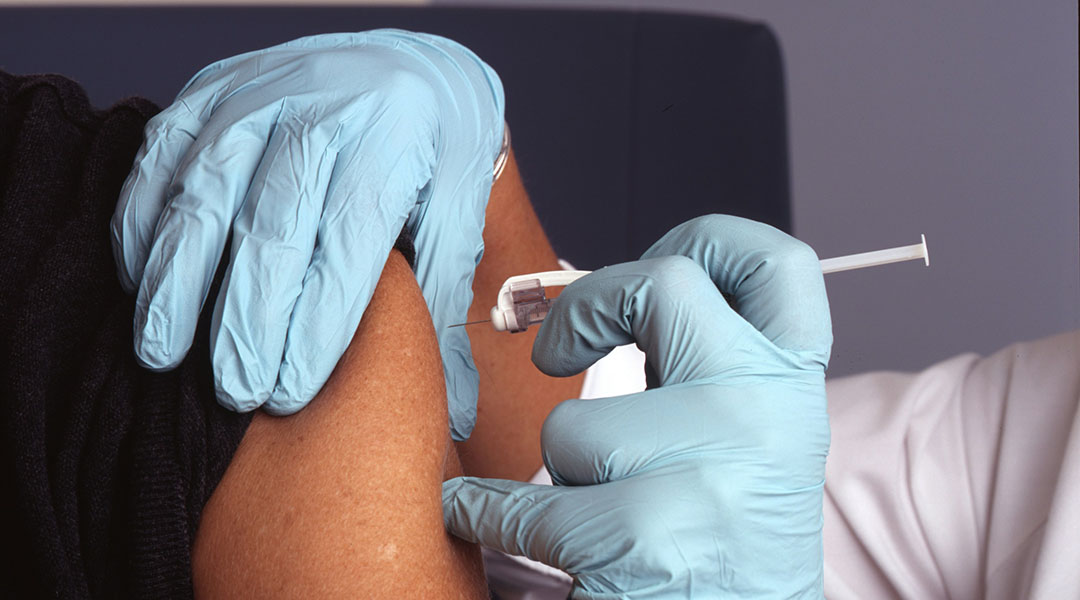
The quasi-vaccine could help healthcare workers weather a virus outbreak in the future.
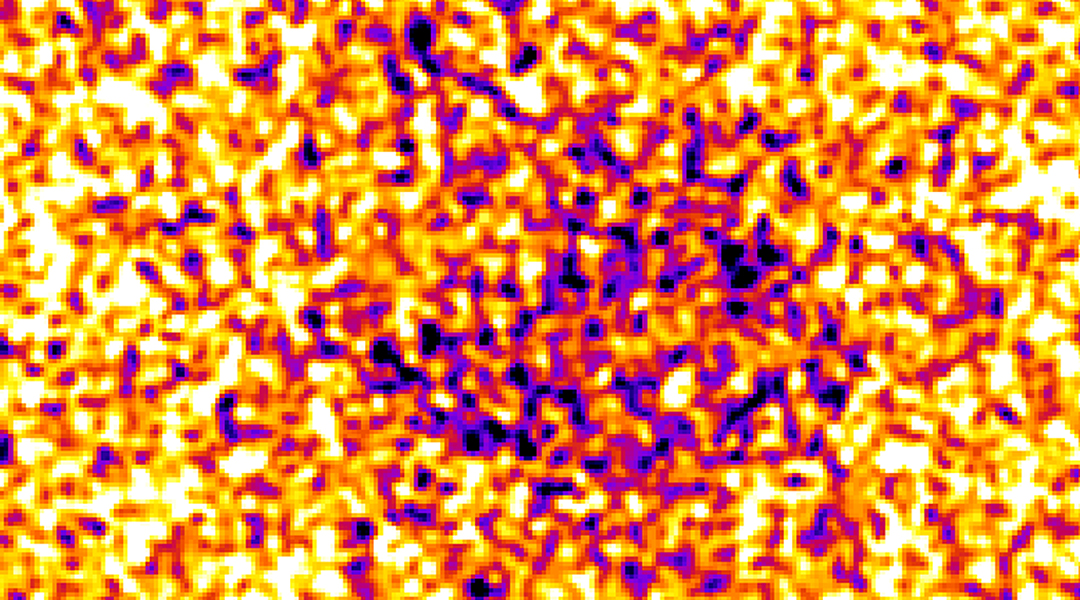
Scientists have built a microscope capable of live imaging of biological processes in such detail that moving protein complexes are visible.

This visual sensor connects to your fridge and syncs with your smartphone, providing real-time updates to help reduce food waste.
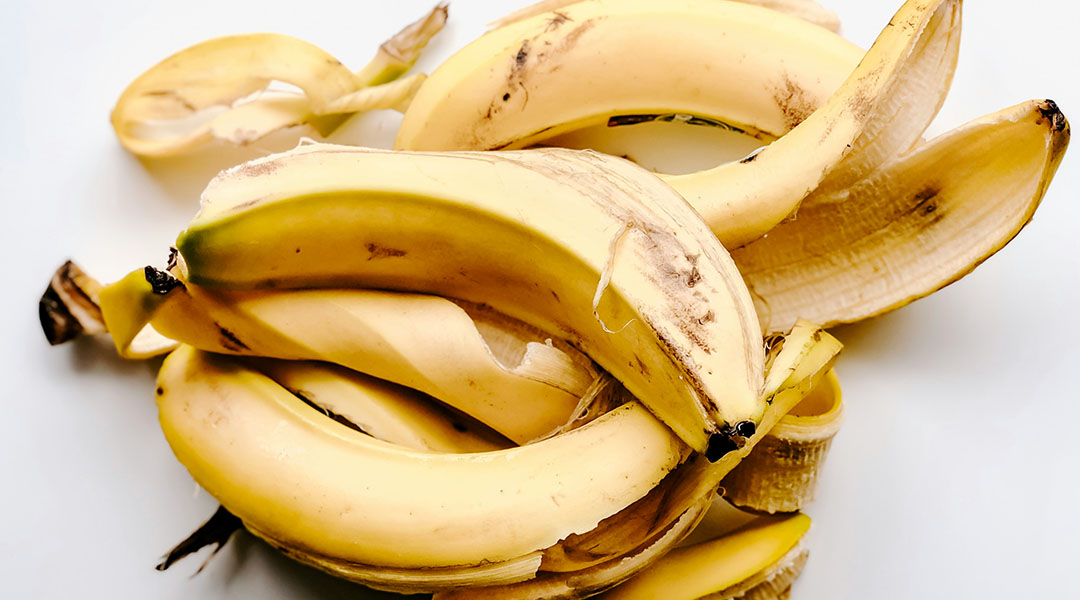
Researchers develop a device that generates clean energy from food waste, using banana peels and coconuts to power communities sustainably.
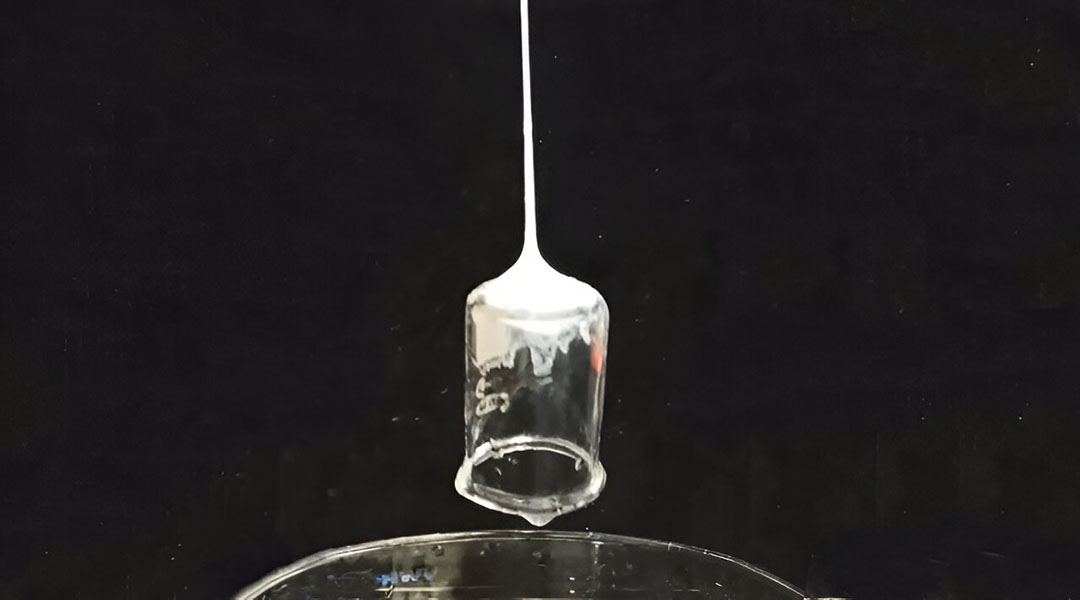
With great power comes great responsibility—even for real-life, superhero-inspired web-slinging tech!

This is the first instance of incorporating edible particles into gas marbles, with some intriguing applications in gastronomy.
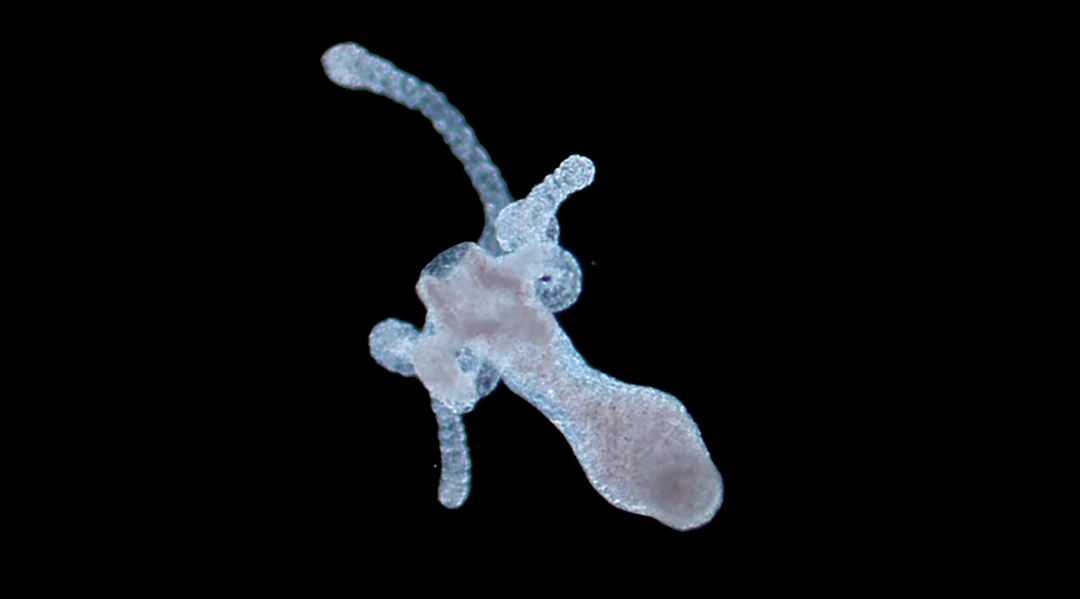
Gold nanoparticles and near-infrared light speed up regeneration and reproduction in hydras, providing insights for regenerative medicine.
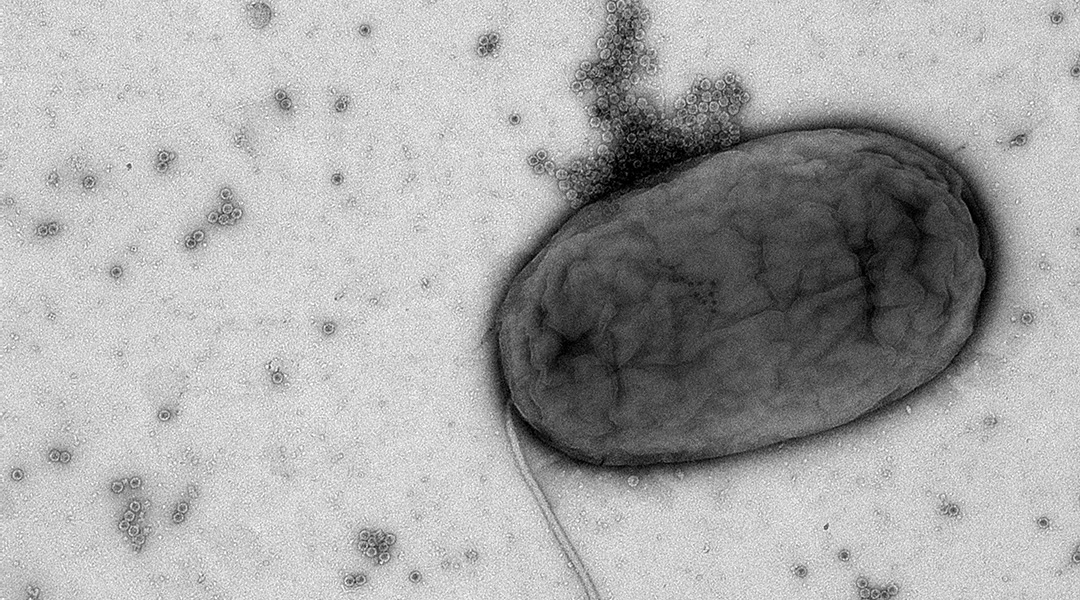
Harnessing bacteriophages’ natural prowess, scientists crafted an antibacterial material for use in medicine and the food industry.
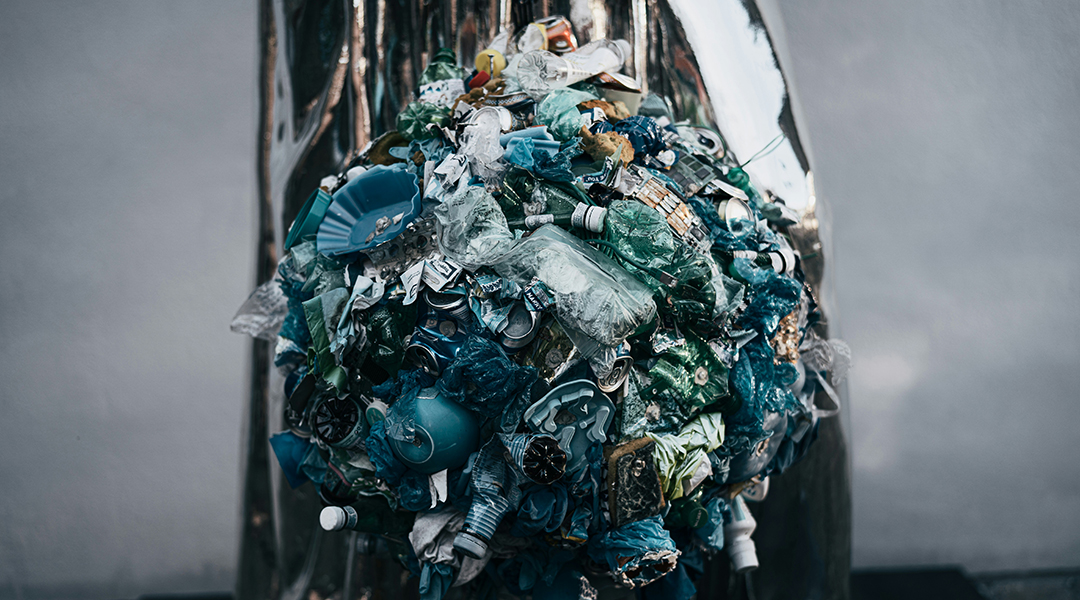
A closed-loop process for making and recycling polycarbonate plastic also captures carbon to reduce waste and cut emissions.